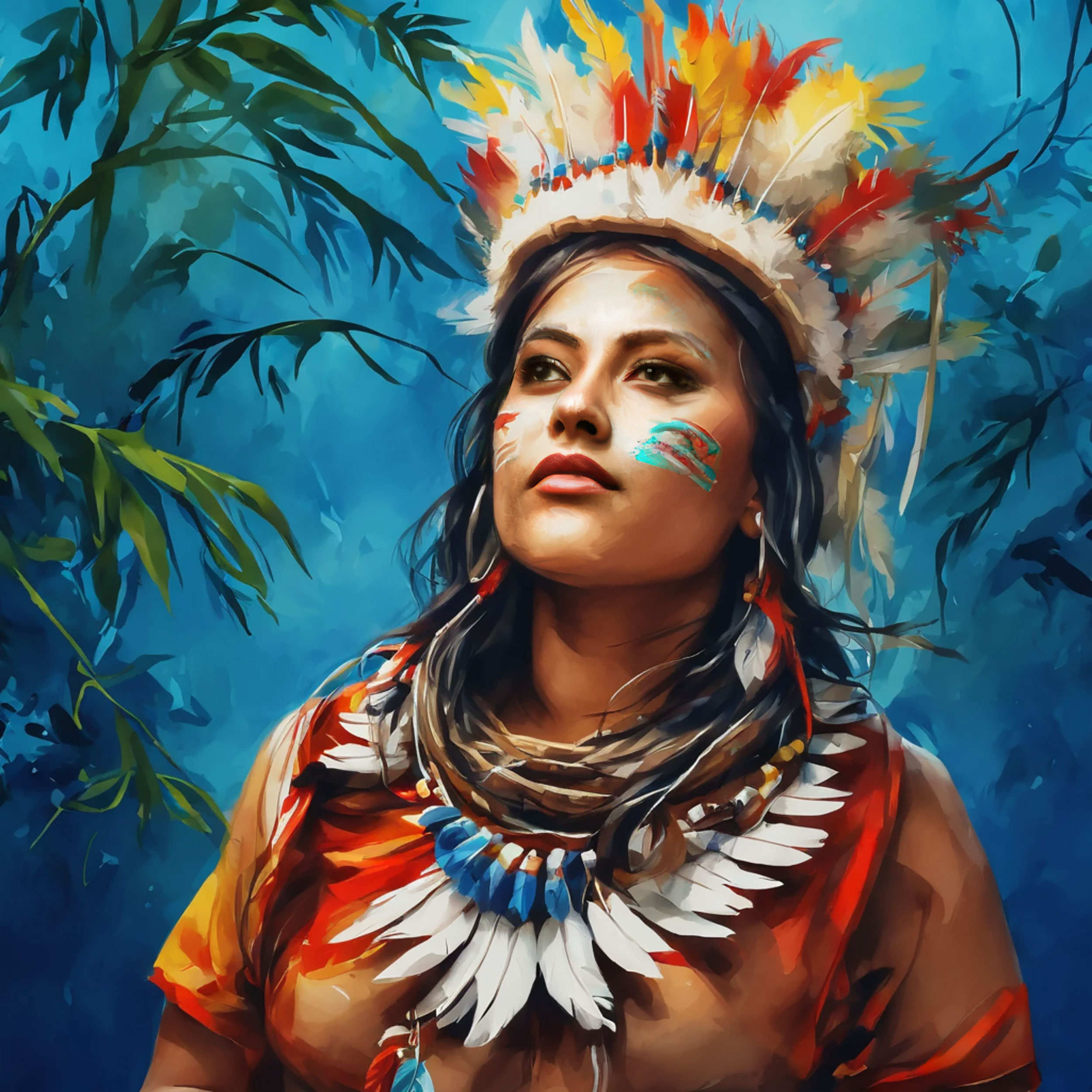Ecuador
Protecting the Amazon
Renowned for their distinct cultural traditions and deep connection to the Amazon rainforest, the Cofán people of Sinangoe have faced formidable challenges in recent years. These challenges which include illegal logging, mining and poaching pose a severe threat to their traditional way of life, which is intricately intertwined with the forest.
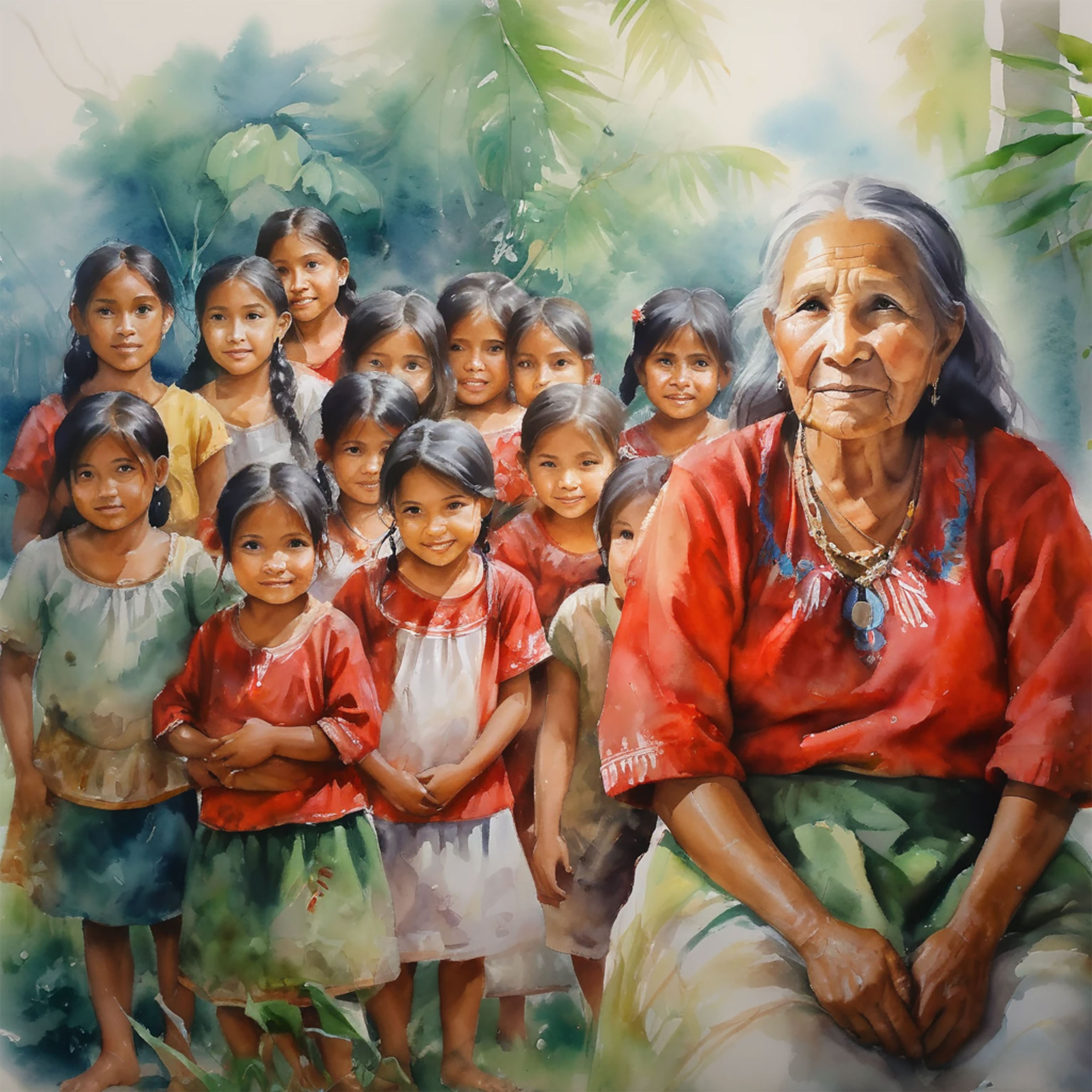
In the face of these mounting threats, Alexandra Narvaez recognized the urgent need for action and emerged as a resolute guardian of her community’s well-being and ancestral territory.
She joined an existing Indigenous Guard (the Guardia) that had been formed to combat the threat of mining in Sinangoe’s territory, and alongside other youths and elders, confronted and exposed illegal operations that were exploiting the natural resources on their sacred land.
Alexandra worked with her people and allied organizations to establish connections with an extensive network of environmental activists, media outlets, and international organizations, thereby amplifying their cause.
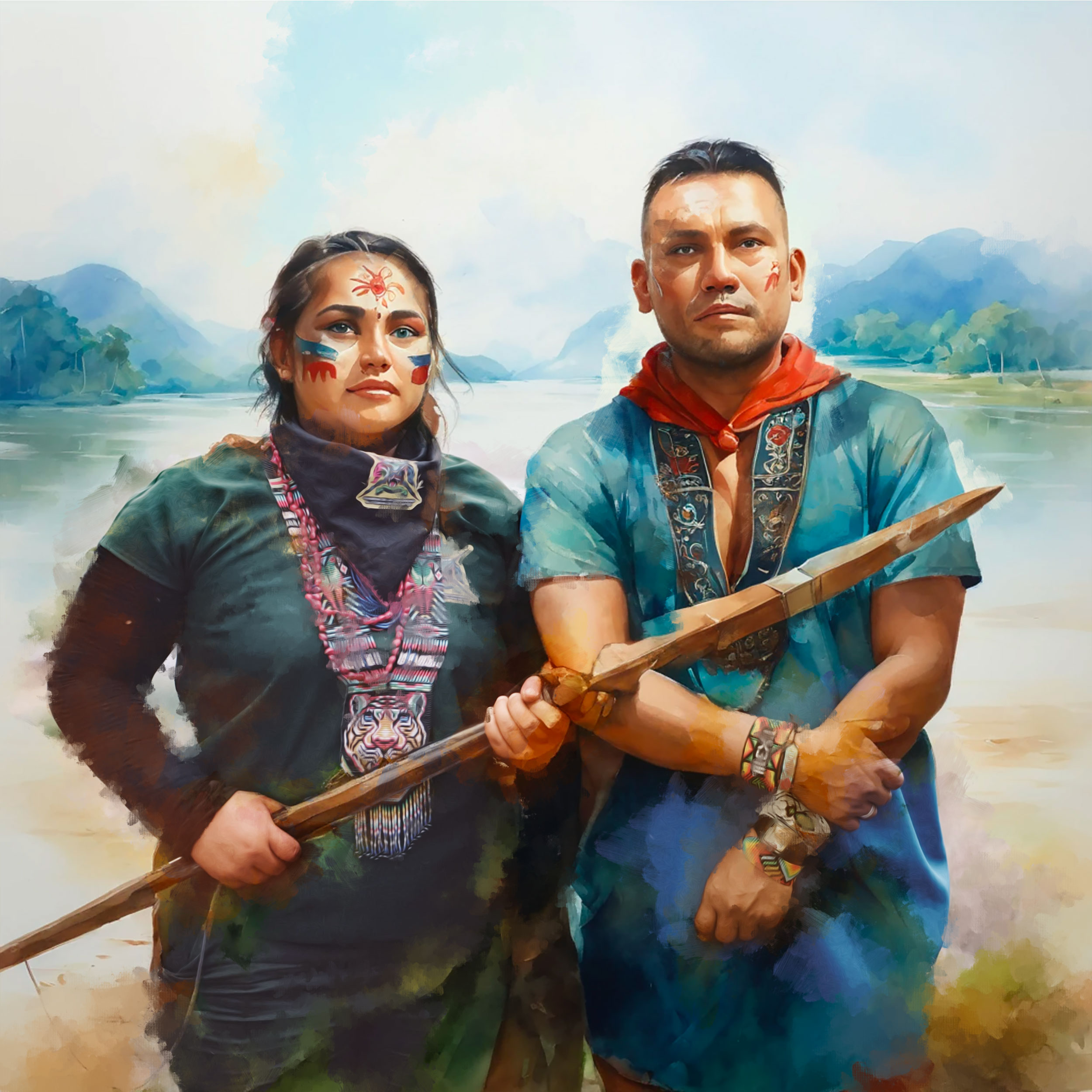
What made Alexandra’s undertaking all the more remarkable was the gender-related challenge she was confronted with. In a culture where women were relegated to family care and excluded from leadership roles, she defied convention, becoming the first woman Cofán member of Sinangoe’s land patrol. She was determined to show her daughters and other children of Sinangoe that women too possessed leadership capabilities, and their voices mattered.
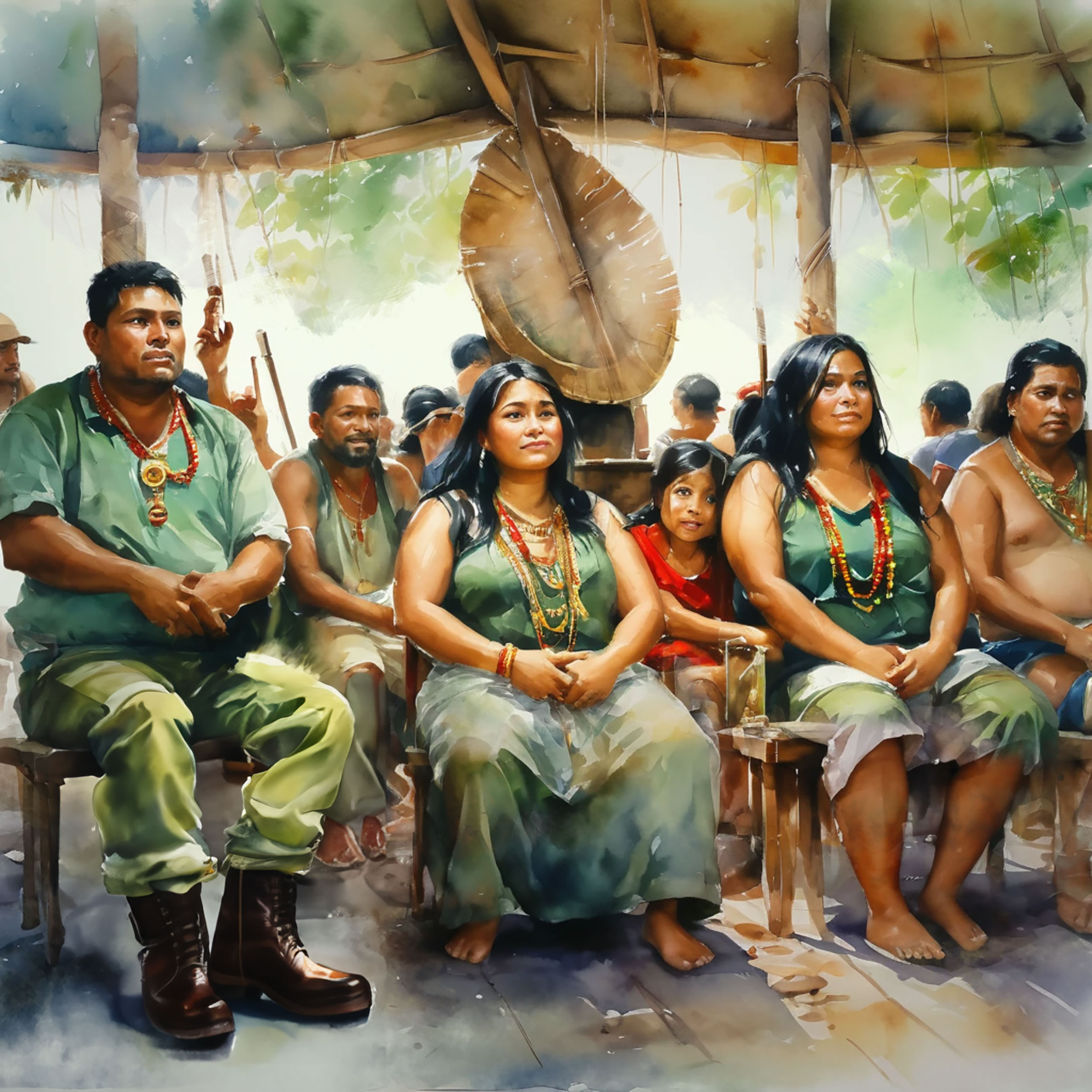
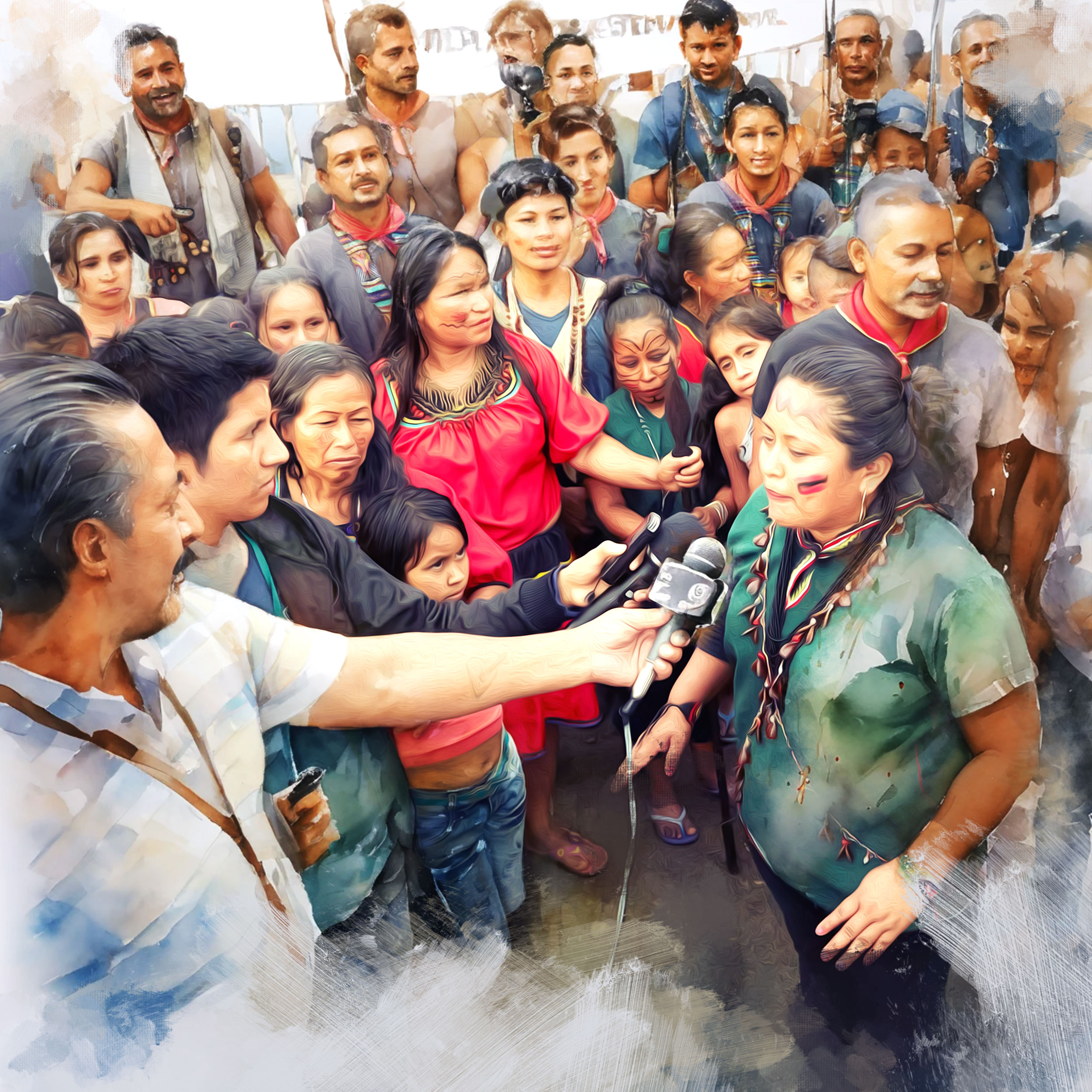
As the Indigenous Guard continued to grow in strength and numbers, Alexandra and the Cofán community captured the attention of government leaders and, together, they embarked on a journey to secure legal recognition of their territory. This critical step was vital to ensure the long-term protection of their cherished land.
Alexandra assumed a pivotal leadership position in her community’s legal battle against the Ecuadorian government, that led to the cancellation of 52 gold mining concessions. This momentous achievement safeguarded 79,000 acres of biodiverse rainforest and preserved the pristine headwaters region of one of the most significant rivers in the Ecuadorian Amazon.

Her journey underscores the notion that ordinary people, when united, can wield significant influence in the face of adversity. Her story inspires others to stand up for their convictions, champion justice, and contribute to a more sustainable and equitable world.
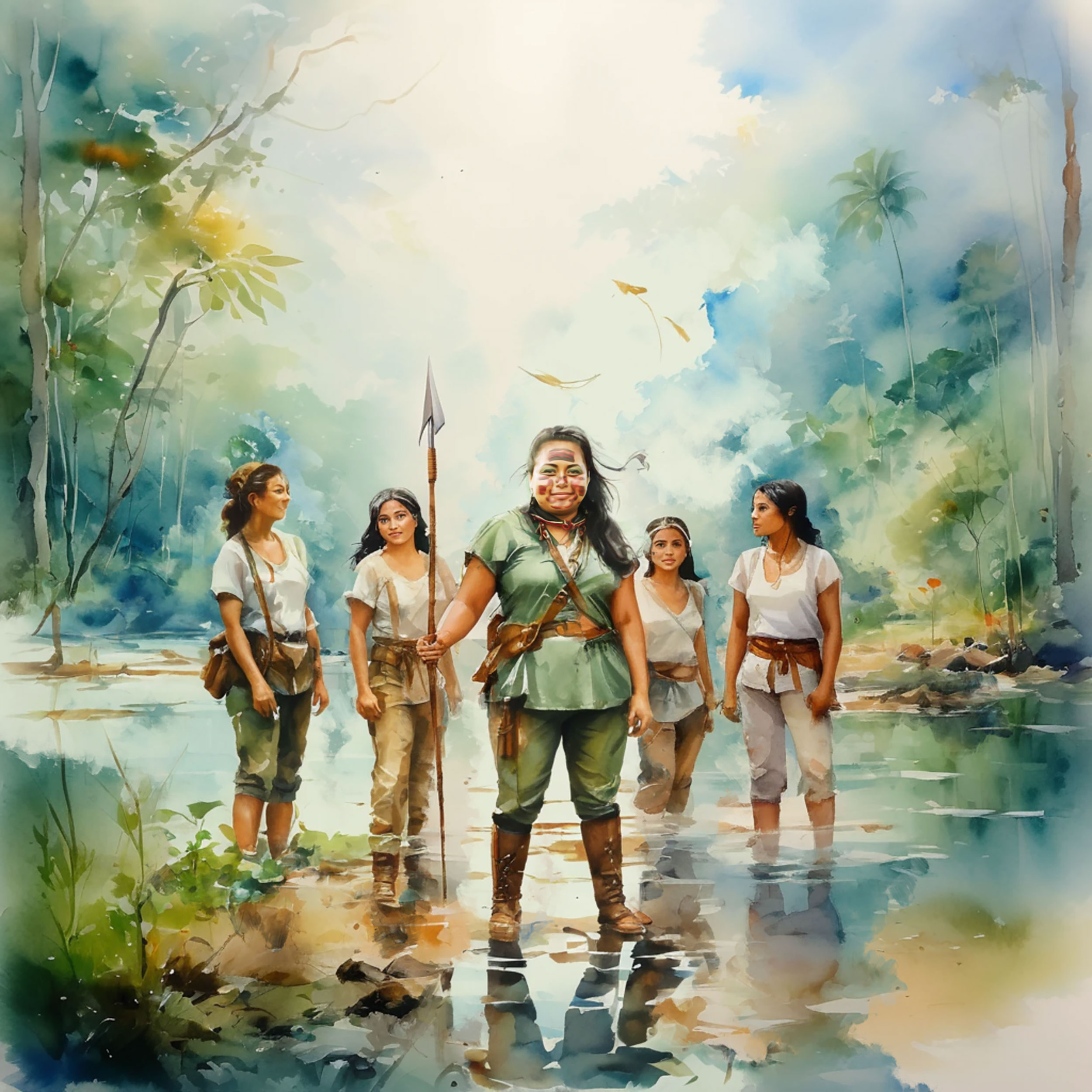

Indigenous territories encompass vast areas of pristine forests, including tropical rainforests like the Amazon. Although Indigenous Peoples comprise less than 5% of the world’s population, they live on and protect lands that contain 80% of the Earth’s biodiversity. These forests are biodiversity hotspots and play a critical role in carbon sequestration, helping to mitigate climate change. Indigenous peoples have historically faced marginalization and environmental injustices.
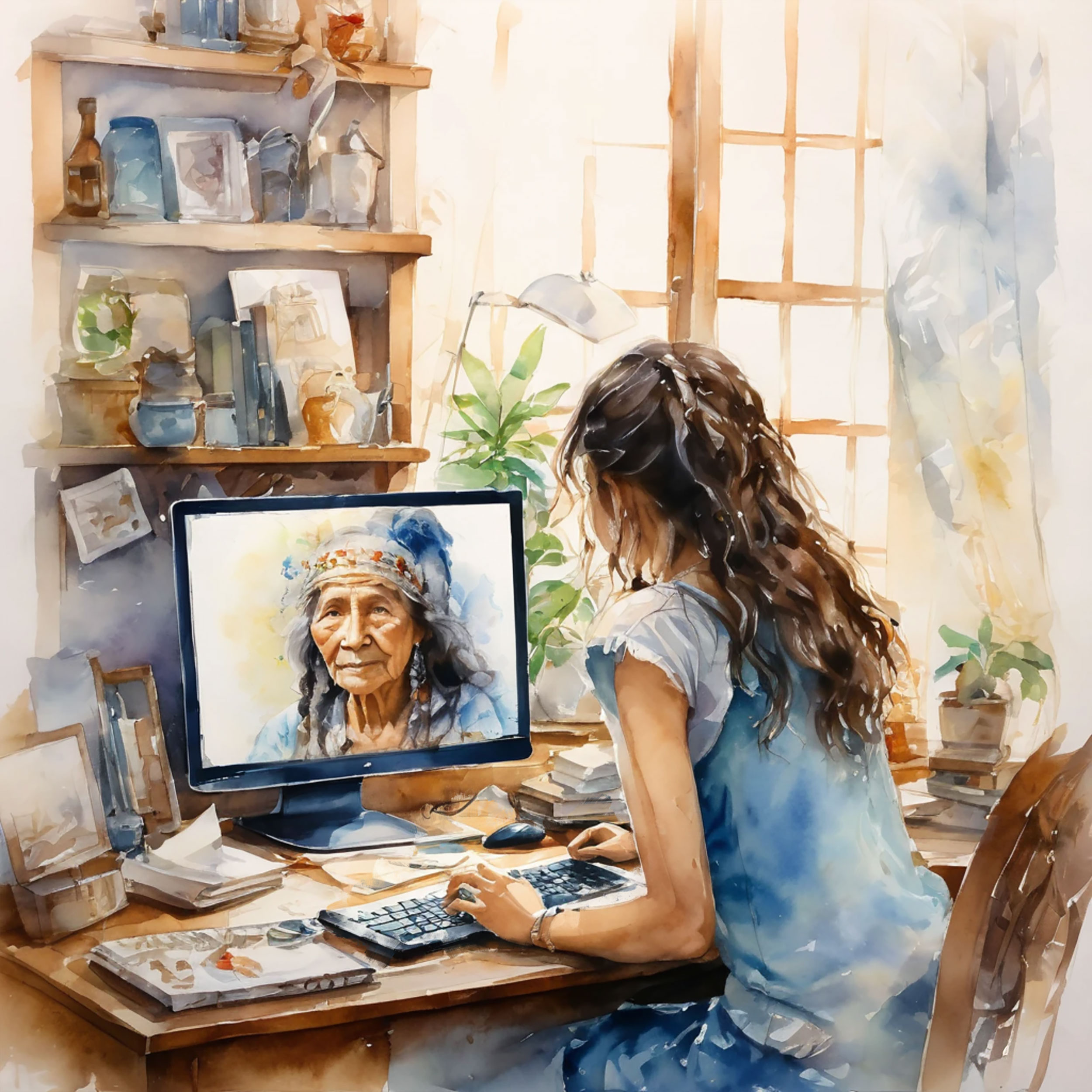
Including Indigenous peoples in decision-making processes ensures that climate policies consider their rights, needs, and aspirations, fostering greater social and environmental justice. Indigenous communities have inhabited and relied on diverse ecosystems for generations and often live in harmony with nature, respecting its interconnectedness and relying on its resources for their livelihoods. Their traditional practices prioritize conservation, sustainable land use, and the protection of biodiversity. This traditional knowledge offers invaluable insights into sustainable practices, ecosystem management, and adaptation strategies, which can help mitigate and address the impacts of climate change.

Consider these tips:
Personal
Learn about the pivotal role that Indigenous women and peoples play in protecting Mother Earth and relating to it in ways that honors nature and protects not only for this generation but for 7 generations to come. You can be part of supporting their efforts, funding their work, and doing all you can to protect land, water, and biodiversity in your area.
Community
Be part of awareness and learning in your community about the history and present day experience of Indigenous people and how you can show respect and honor of their efforts to protect the Earth. Learn from them about how to honor Mother Earth in all of your relationships and actions. Identify efforts for land and water preservation in your community and join them.
Learn what natural resource extraction is happening in your local community and try to be part of protecting the natural habitat from any damaging actions caused by the company’s extraction of natural resources.
Share Your Ideas
Share your ideas: Have you or someone you know done something in your community to promote Indigenous rights and the protection of Earth? We would love to hear from you! Please send your story to engage@daughtersforearth.org. You can support all Daughters by donating below.

